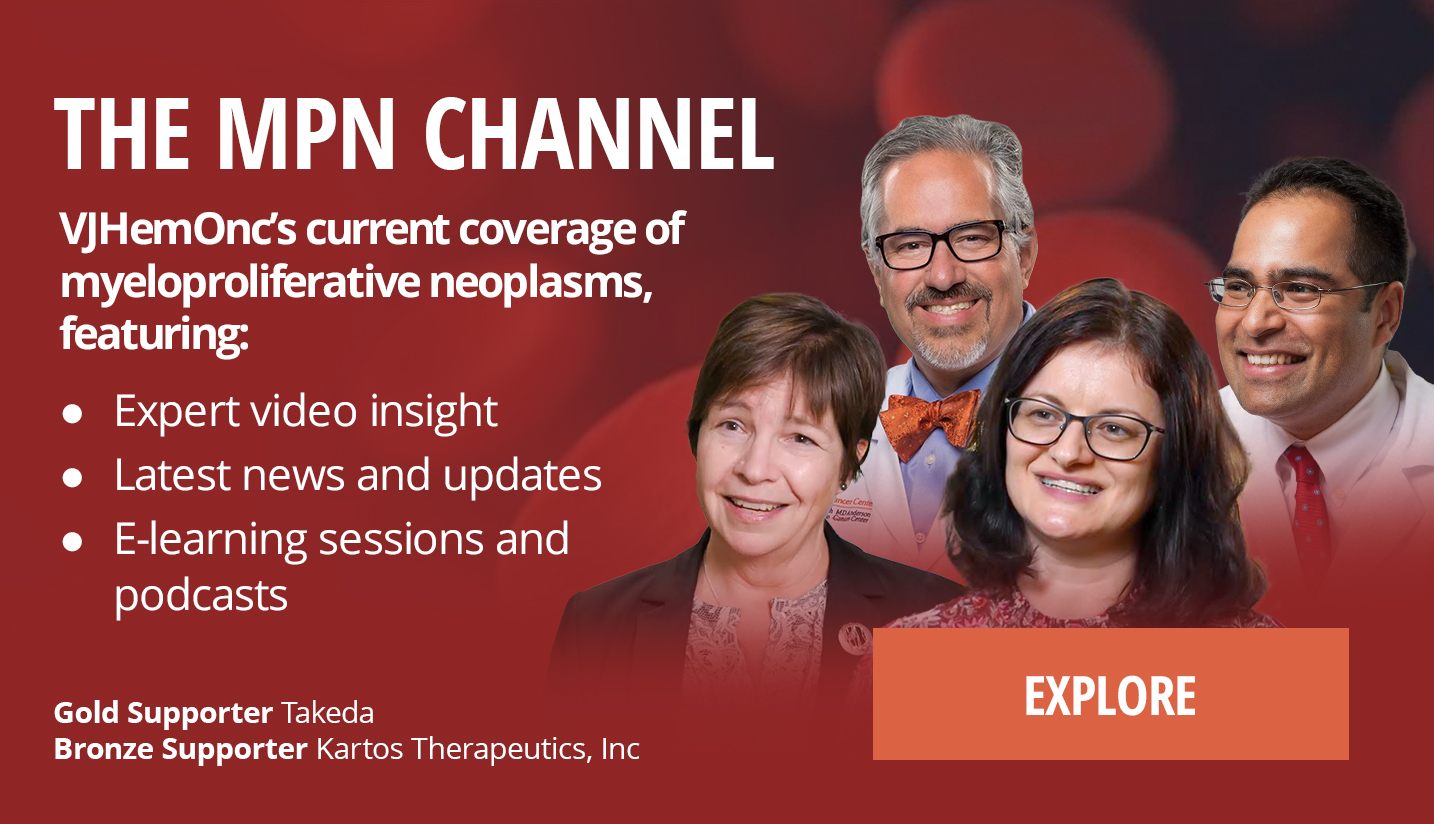So the second question is to talk about the latest presentation about the SUMMIT data. So this is a clinical trial looking at the use of bezuclastinib, which is a second-generation C-Kit inhibitor for the management of patients with non-advanced systemic mastocytosis. And so as part of this presentation, we demonstrated and showed really updated data from part one of this clinical trial, which is ongoing...
So the second question is to talk about the latest presentation about the SUMMIT data. So this is a clinical trial looking at the use of bezuclastinib, which is a second-generation C-Kit inhibitor for the management of patients with non-advanced systemic mastocytosis. And so as part of this presentation, we demonstrated and showed really updated data from part one of this clinical trial, which is ongoing.
And so as part of this particular presentation, we looked at patients who had been exposed to the 100 milligram dose of bezuclastinib over the course of the trial and really evaluated different biomarkers. So serum tryptase, mast cell burden based on bone marrow biopsies, and then VAF data for that C-kit mutation and how those numbers decreased over time with exposure to bezuclastinib.
We also looked at more mature data or another week 24 data point when it came to symptoms and quality of life scores for patients, again, exposed to bezuclastinib at this 100 milligram dose, which is the dose that’s going to be moving forward and did move forward in part two of the study. And so I think what was really interesting to see and really exciting from a patient care perspective to see is ongoing symptom improvements and ongoing benefits to patients, again, when it came to really all of the symptoms evaluated as part of this MS2D2 or the patient-reported outcome scoring scale that’s utilized as part of this study. And then I think even more interesting and importantly from a patient care perspective is ongoing improvements and deeper improvements in quality of life scores and quality of life measures, which in this particular patient population where I think a lot of folks really struggle with symptoms, this is a really incredible thing to see from a patient care perspective.
This transcript is AI-generated. While we strive for accuracy, please verify this copy with the video.














